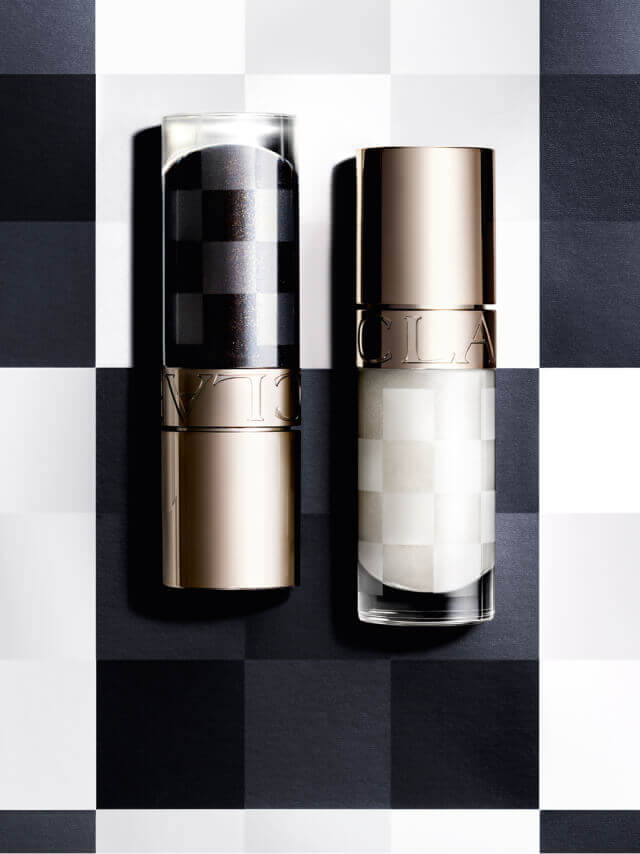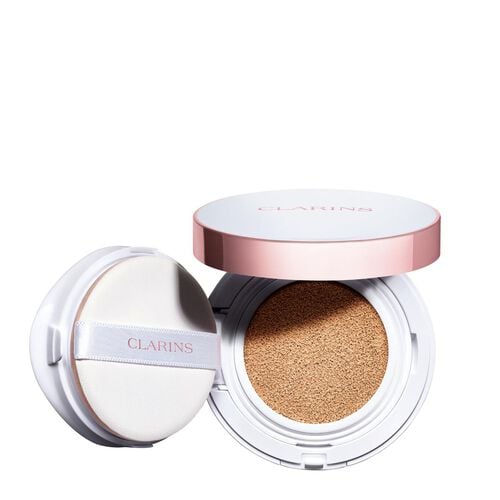Make-Up Tips: How to Choose the Right Foundation?
For a work of art to really flourish, there needs to be a clear canvas. The same philosophy applies to the face foundation, which is essentially the canvas. A foundation helps to cover any kind of blemishes and even out the complexion so the surface upon which you apply your other make-up would be uniformed.
It is vital to choose the right foundation shade or colour because using the wrong one can make you look obviously unnatural. That aside, it is also equally important to choose a formulation that would allow your skin to breathe, instead of clogging them. Here are a couple of tips to consider when it comes to choosing the right shade and texture.
Choosing the right foundation shade
As with choosing the perfect lipstick shade, the same rule applies to foundations. Although your skin tone might change throughout the year depending on the weather and exposure to the sun, your undertone would never change, so the first step to choosing the right shade is to determine your undertone. Undertones are divided into three categories, which are:
- Warm, which means your skin has more golden, yellow, or peach hues.
Foundations in this category would have shades and tones like caramel, gold, tan or chestnut. The foundation colour would be more yellowy. - Cool, which means your skin has elements of blue, red, or pink.
Blue-toned foundations will include shades that hint at rose, porcelain and sable, or the Everlasting Youth Fluid in 105 Nude. - Neutral, which means your skin is a combination of cool and warm colours.
Shades like the Extra-Firming Foundation SPF 15 in the shade 103 Ivory is an example of a neutral shade.
If ever in doubt, do the jewellery test. If gold jewellery looks best on you, then you have a warm undertone. If silver looks better, then you are in the cooler category. If both look good on you, then you are neutral.
Choosing the right texture
Knowing what kind of skin you have will aid you in your quest to find the perfect texture of foundation.
If you have dry skin, opt for a moisturising or hydrating foundation, such as the Everlasting Cushion Foundation SPF 50.
On the other spectrum, if you’re choosing a foundation for oily skin, it is best to choose a matte foundation or one that is relatively oil-free, or a water-based one for that matter.
For those with a mix of both dry and oily skin, a combination of powder foundation and a fluid foundation would work best.
Those with sensitive skin should look out for a hypoallergenic and scent-free foundation.
Uneven skin tones and complexion can be easily fixed with a full coverage foundation. If your skin is generally unproblematic, a lightweight option such as a water-based foundation or a BB cream like the BB Perfect Cream SPF30 are sheer enough to offer a natural look.
No matter what your skin type is, it is always wise to invest in a foundation with SPF built in, as it will offer protection from the sun’s harmful UVA and UVB rays. For example, if you would like your skin to look natural and hydrated while being protected from the sun, the Skin Illusion SPF15 would be the perfect match for you.
5 Common Foundation Mistakes To Avoid
1. Applying too much foundation.
There is a tendency to go overboard with foundations, especially if one would like to cover blemishes and uneven skin tones. However, make-up artists and experts suggest that you should only use a small amount, such as a small pump (especially if it is a high coverage foundation) and start blending from the center of the face and making your way outwards. On areas that need more coverage, add a little bit more in that particular section instead of adding more layers on the whole face. This would avoid the problem of looking cakey as well.
2. Not matching your shade with your undertone, and it doesn’t blend with your neck.
Wearing a foundation shade that totally does not match your undertone can stick out like a sore thumb. It will look obvious and off on your face, especially if it doesn’t blend it well with your neck. As a tip, remember to test the foundation on your neck before purchasing it.
3. You don’t prepare your skin before and after foundation.
In order for your foundation to stay put the whole day, the skin needs to be properly prepped, which means that it should be cleansed, moisturised and protected with SPF before getting primed. After your make-up is done and ready, make sure you set it with a finishing powder to ensure that it does not move around. As a precaution, be sure to carry a compact foundation for touch-ups on the go, such as the White Plus Brightening Powder Foundation SPF 15.
4. You’re not paying attention to the formula and skin type.
It is understandable that one can get lost in full ranges of foundations, but a foundation is the starting point of any flawless make-up application, so it is worth investing some time to research and have some testing sessions. Ensure that the foundation sits comfortably on your skin without irritating it, and to be extra safe, test it for a full day or so before purchasing it.
5. You don’t clean your foundation brush.
A lot of bacteria tend to thrive and spread in foundation brushes, so it is imperative that you clean your brushes as often as you can. Otherwise, this can lead to skin irritation, breakouts and spots that would damage the skin. Synthetic foundation brushes are safe to wash with any soap, but foundation brushes that contain real hair should be washed with a shampoo and conditioner to maintain it.


















